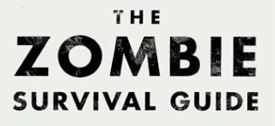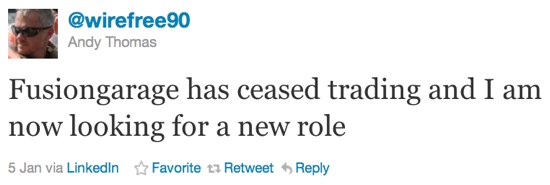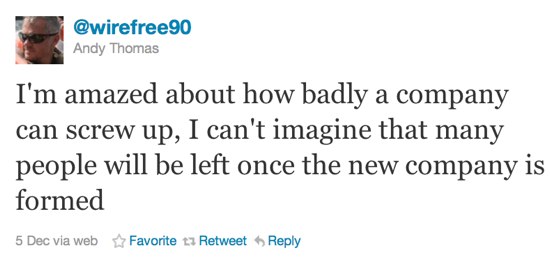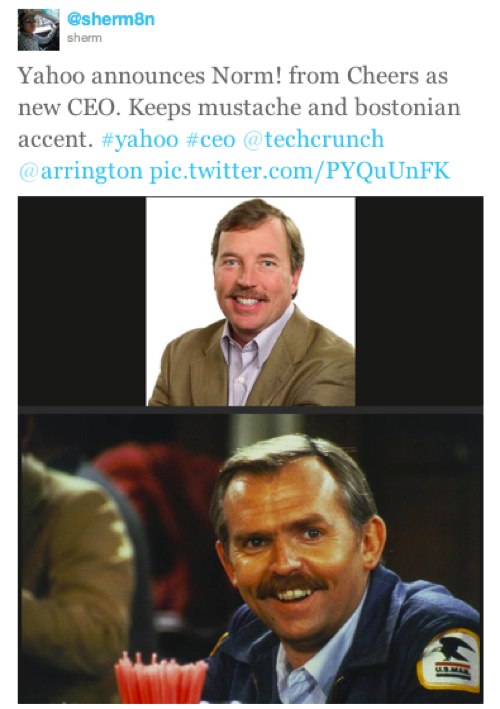 My CrunchFund partner and long time colleague MG Siegler is having what appears to be a multi-day seizure over Google’s unsurprising move to integrate Google+ social results into Google search. Says Siegler: “Google is almost asking for an inquiry into potentially anti-competitive practices (and it’s coming). Which is insane.”
My CrunchFund partner and long time colleague MG Siegler is having what appears to be a multi-day seizure over Google’s unsurprising move to integrate Google+ social results into Google search. Says Siegler: “Google is almost asking for an inquiry into potentially anti-competitive practices (and it’s coming). Which is insane.”
No, not insane.
Anyone with a passing interest in U.S. antitrust law knows that the government is theoretically good at punishing companies that engage in anti-competitive behavior, such as leveraging market control in one product to help another product compete. But the government is terrible at preventing these actions from happening, unless you think the threat of eventual punishment is enough to deter it. It isn’t.
In the 90’s Microsoft went from dismissing the Internet entirely to putting Netscape out of business. By the time settlements were reached in 2001 and later, Netscape was just a nice memory for most of us. Everyone, and that means everyone, was using Internet Explorer. See my long video interview with the antitrust attorney, Gary Reback, the man who spearheaded the push to break up Microsoft in the nineties, here.
Microsoft survived. Netscape didn’t. And the government couldn’t do anything at all to stop that.
Today, Google search is Microsoft Windows and Office. And Facebook is as much of a threat to Google as Netscape was to Microsoft.
Of course Google is going to do anything it can to survive. Facebook data is already integrated into Bing, and Twitter’s using the “don’t give the milk for free when you can make them buy the cow” strategy by withholding its own data from Google (look for my upcoming post on why Google will eventually realize that they must acquire Twitter at any cost). That’s a dark place for Google to be.
On a much smaller scale Google has been up to this for ages (see my April Fools post last year about Google Places). Now they’re trying to put off the Age of Facebook. The only chance they have is to use their commanding lead in search to do that.
Will the government come along and knock some heads together in a few years? Maybe. But this is a much more nuanced situation that Microsoft’s execution of Netscape. That could take years and years, and the government may question Facebook’s willingness to throw data to their shareholder Microsoft while withholding it from Google (see John Battelle’s post for some color on that).
But what the government does or doesn’t do years down the road is of little concern for a company fighting to stay at the top. It’s so much less important as to not even be part of the decision making process. So get used to Google+ in your search stream, it’s here to stay.





 Path and others are giving us what we want – A nice, sophisticated and diverse conversation with friends, like sitting together at a table just laughing and talking and drinking a latte. Facebook is more like the top picture above. Chaos.
Path and others are giving us what we want – A nice, sophisticated and diverse conversation with friends, like sitting together at a table just laughing and talking and drinking a latte. Facebook is more like the top picture above. Chaos.